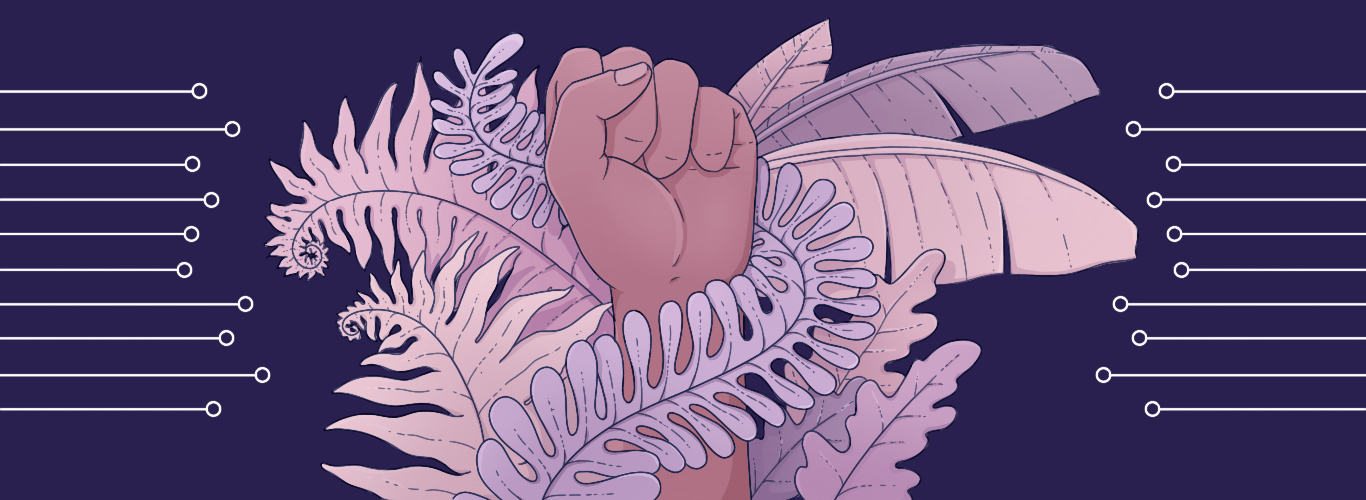Our projects are divided into four major areas: Technologies, Bodies and Territories; Hacking Patriarchal Violence and Envisioning Feminist Futures; Digital Segurity; and Responses to Public Policy Emergencies.
We are slowly feeding this repository with retroactive information, from older projects, until we have available all the institutional memory.








